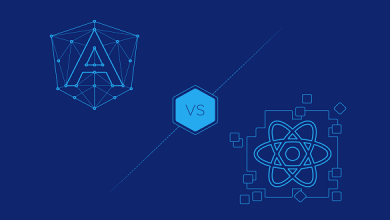Digital Marketing
what is off page seo?

Off-page SEO refers to the various strategies and techniques used to optimize and promote a website outside of its own pages to improve its search engine rankings and online visibility. Unlike on-page SEO, which focuses on optimizing elements on the website itself, off-page SEO involves activities that take place on other websites and online platforms. The primary goal of off-page SEO is to establish a website’s authority, credibility, and relevance in the eyes of search engines, ultimately leading to higher search engine rankings and increased organic (non-paid) traffic. Here are some key components and strategies of off-page SEO:
- Link Building: Link building is a fundamental aspect of off-page SEO. It involves acquiring high-quality, relevant backlinks from other websites to your site. Search engines consider these backlinks as votes of confidence, indicating that your content is valuable and trustworthy.
- Social Media Marketing: Building a strong presence on social media platforms is essential for off-page SEO. Sharing and promoting your content on social media can lead to increased visibility, engagement, and traffic. Social signals (e.g., likes, shares, and comments) may also impact search engine rankings.
- Content Marketing: Creating valuable, shareable content is a core off-page SEO strategy. When your content is informative, engaging, and relevant, it’s more likely to be shared by others, increasing its reach and potentially earning more backlinks.
- Influencer Outreach: Collaborating with influencers or industry experts can help you reach a wider audience and gain valuable backlinks and mentions. Influencers can promote your content or products to their followers.
- Guest Blogging: Contributing guest posts to reputable websites and blogs in your industry is a way to showcase your expertise and gain backlinks to your site. These guest posts should provide valuable insights and information to the host site’s audience.
- Online PR and Brand Mentions: Building relationships with online journalists and publications can lead to press coverage and brand mentions, which can boost your online reputation and authority.
- Local SEO: For businesses targeting a local audience, optimizing your online presence in local directories, Google My Business, and review platforms is essential for off-page SEO. Encourage customers to leave reviews and ratings.
- Forum Participation and Commenting: Actively engaging in relevant online forums and communities can help you establish authority and drive traffic to your website. Ensure that your participation adds value to the discussions.
- Online Reputation Management: Monitoring and managing your brand’s online reputation is crucial. Respond to reviews, comments, and mentions to maintain a positive image.
- Link Disavowal: Occasionally, you may need to disavow low-quality or spammy backlinks that could harm your site’s SEO. Google’s Disavow Links tool can help with this.
Overall, off-page SEO is about building a strong online presence, earning trust and authority in your niche, and attracting natural backlinks to your website. It complements on-page SEO efforts and is essential for achieving higher search engine rankings and increased organic traffic.





